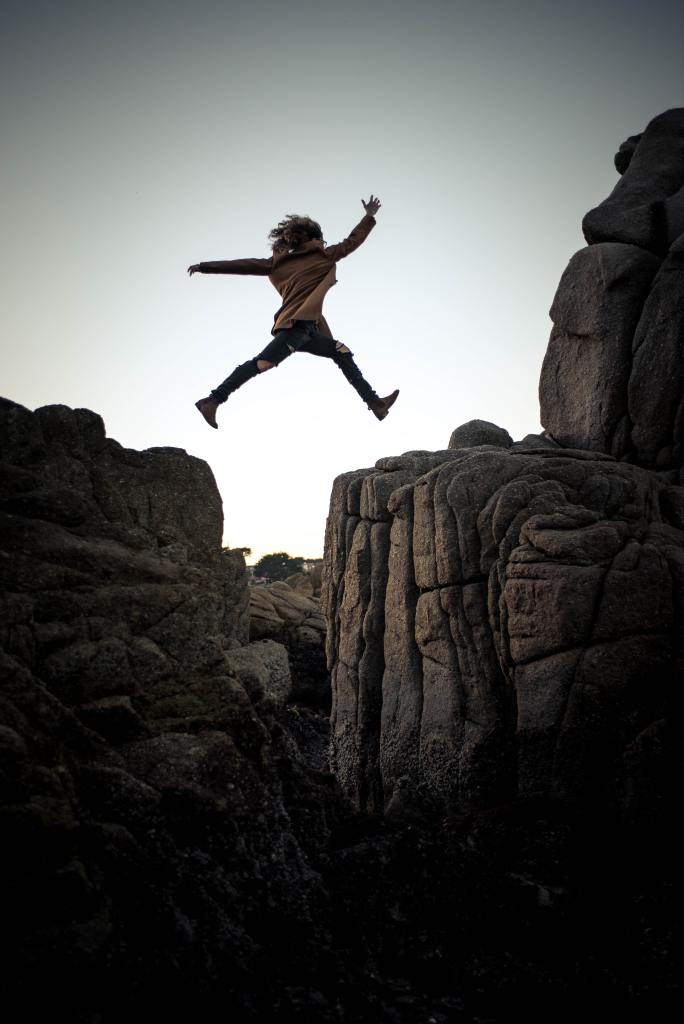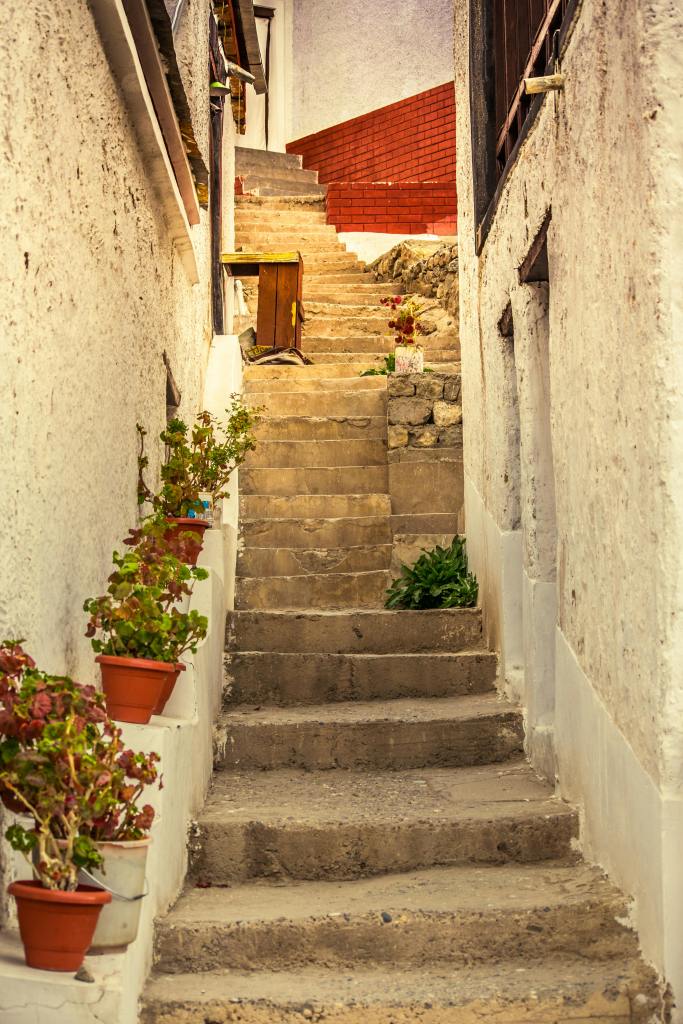Photo by Isaac Wendland on Unsplash
The other day, I caught a glimpse of forever. It’s really not that far, you know—forever. It comes up much quicker than we think. And all of a sudden, we are standing on the edge, looking out over all that has been, all that will be, and all that is.
All that has been. This is your past—a past you cannot change. The mistakes you’ve made, the lessons you’ve learned, the successes you’ve experienced, and the milestones you’ve reached. This past has laid the foundation of your life and has contributed to the programming that has made you who you are. It has created in you the beliefs and the ideas with which you now face the world. Bear in mind that many of those beliefs started in you when you were very young. When you didn’t know any different. They were instilled by well-meaning adults who had their own views of the world tainted by their own outdated beliefs, skewed world views, and faulty programming.
But as you look out across forever, it is tempting to focus on all that will be. The possibilities… they are compelling and exciting. You could create a whole new career, find a new partner, get a new job, buy a new home, come into some money. But there is also the other side of all that will be—the possibility that your plans might not pan out the way you’d like. Or some misfortune may befall you, or you will get stuck in a rut from which you cannot escape. There are always negative forces that counter the good and lend perspective. And life is always about how we respond and how we summon the strength within us to push forward, to measure our steps, and to created positivity and joy. If you don’t have a capacity for creating positive, all that will be—the future—may be a hard pill to swallow.
Which leads us to all that is. This, my friends, is where life happens. This is where we must stop and focus our energies. Because all that is is where we can work on redefining our limiting beliefs. This is where we can reprogram our self-talk. This is where we can set ourselves up for all that will be. All that is… where we develop our talents, our strengths, and our commitment to ourselves. This is where we adjust so we ca become the best version of ourselves.
So as you catch your glimpse of forever, remember that all of your focus and energy should be on all that is. Working solely in this sector of forever—the present—will help you to overcome all that has been and prepare yourself for all that will be.










